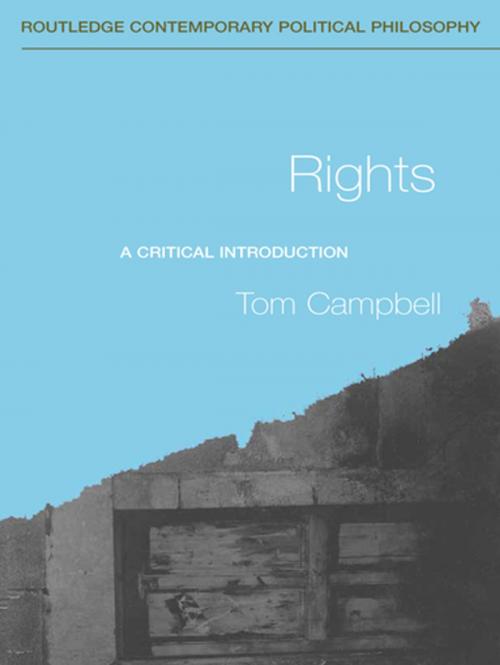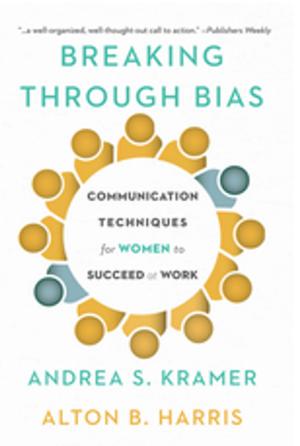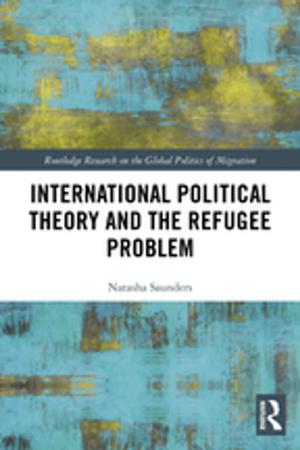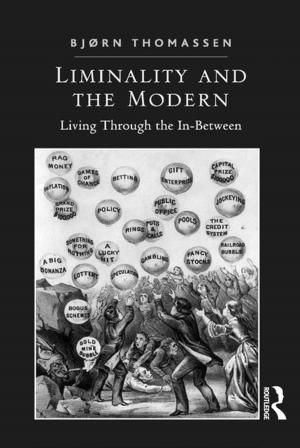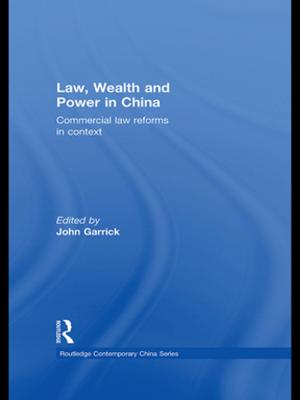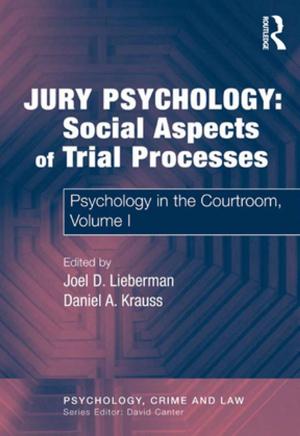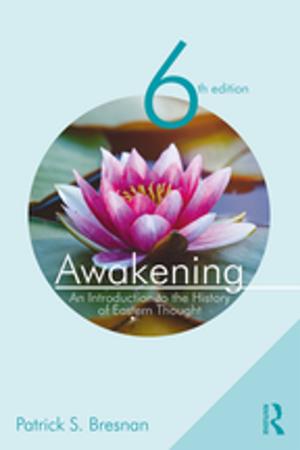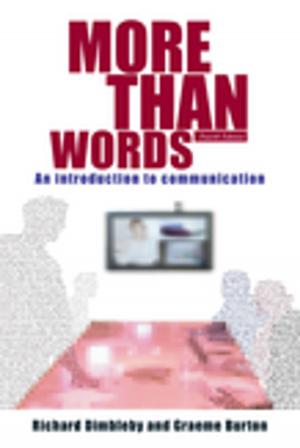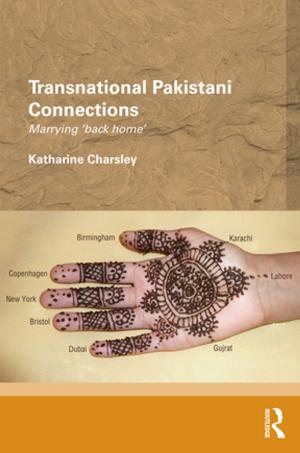| Author: | Tom Campbell | ISBN: | 9781134461752 |
| Publisher: | Taylor and Francis | Publication: | February 25, 2011 |
| Imprint: | Routledge | Language: | English |
| Author: | Tom Campbell |
| ISBN: | 9781134461752 |
| Publisher: | Taylor and Francis |
| Publication: | February 25, 2011 |
| Imprint: | Routledge |
| Language: | English |
We take rights to be fundamental to everyday life. Rights are also controversial and hotly debated both in theory and practice. Where do rights come from? Are they invented or discovered? What sort of rights are there and who is entitled to them? In this comprehensive introduction, Tom Campbell introduces and critically examines the key philosophical debates about rights.
The first part of the book covers historical and contemporary theories of rights, including the origin and variety of rights and standard justifications of them. He considers challenges to rights from philosophers such as Bentham, Burke and Marx. He also examines different theories of rights, such as natural law, social contract, utilitarian and communitarian theories of rights and the philosophers and political theorists associated with them, such as John Stuart Mill, John Rawls, Robert Nozick and Michael Sandel. The second part of the book explores the role of rights-promoting institutions and critically assesses legal rights and international human rights, including the United Nations. The final part of the book examines how philosophies of rights can be applied to freedom of speech, issues of social welfare and the question of self-determination for certain groups or peoples.
Rights: A Critical Introduction is essential reading for anyone new to the subject of rights and any student of political philosophy, politics and law.
We take rights to be fundamental to everyday life. Rights are also controversial and hotly debated both in theory and practice. Where do rights come from? Are they invented or discovered? What sort of rights are there and who is entitled to them? In this comprehensive introduction, Tom Campbell introduces and critically examines the key philosophical debates about rights.
The first part of the book covers historical and contemporary theories of rights, including the origin and variety of rights and standard justifications of them. He considers challenges to rights from philosophers such as Bentham, Burke and Marx. He also examines different theories of rights, such as natural law, social contract, utilitarian and communitarian theories of rights and the philosophers and political theorists associated with them, such as John Stuart Mill, John Rawls, Robert Nozick and Michael Sandel. The second part of the book explores the role of rights-promoting institutions and critically assesses legal rights and international human rights, including the United Nations. The final part of the book examines how philosophies of rights can be applied to freedom of speech, issues of social welfare and the question of self-determination for certain groups or peoples.
Rights: A Critical Introduction is essential reading for anyone new to the subject of rights and any student of political philosophy, politics and law.
